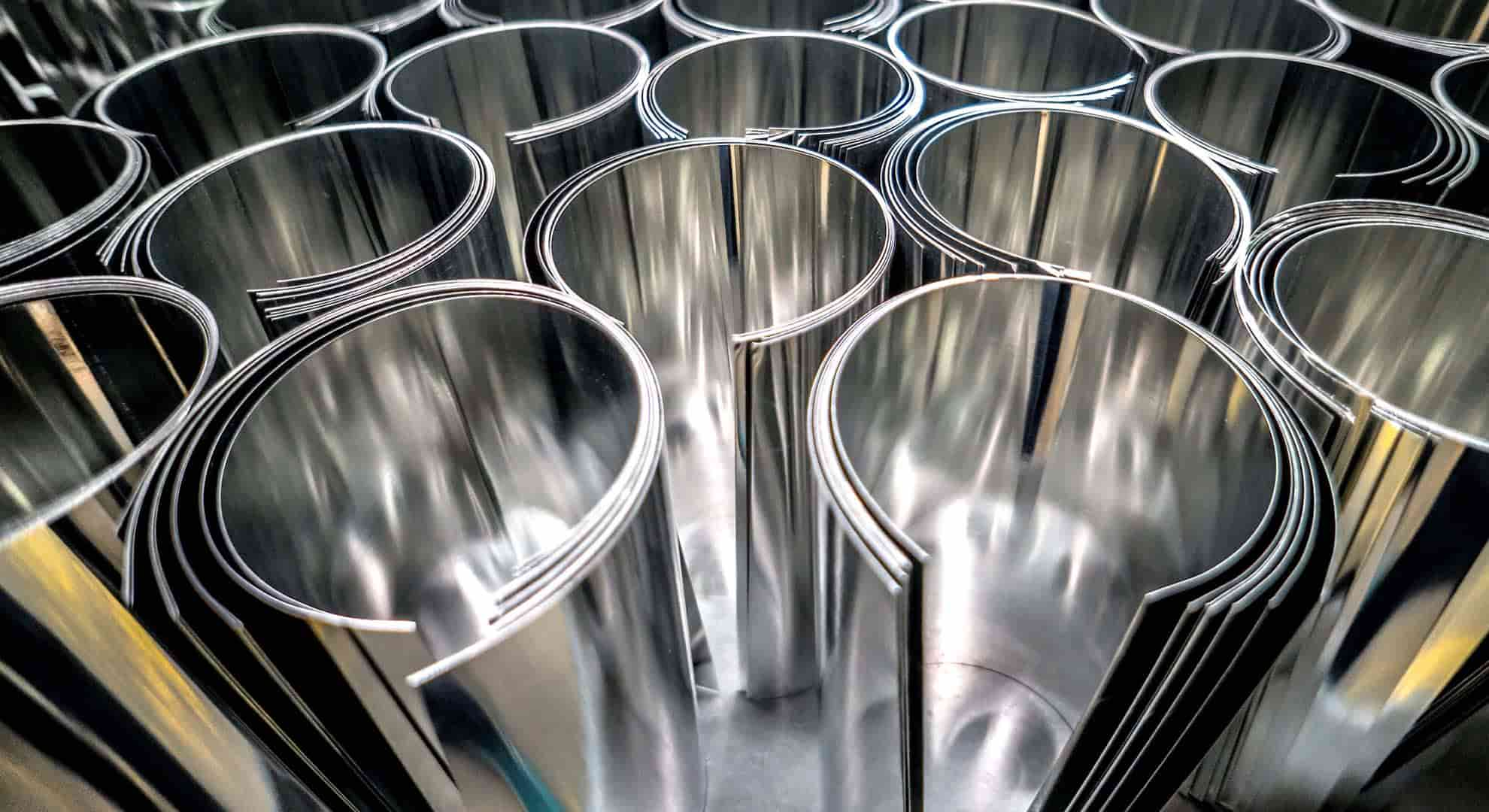
Engaging with manufacturers
Providing circular economy expertise to Scotland’s manufacturers.
In Scotland, we are well placed for circular economy manufacturing and global companies recognise us for this.
The benefits of adopting circular economy approaches to manufacturing include higher quality products and lower production costs.
We estimate that Scottish manufacturers could benefit from potential growth of remanufacturing from its current value of £1.1bn to nearly £1.7bn with the addition of 5700 new jobs.
Building on circular opportunities for manufacturers
Zero Waste Scotland works practically with manufacturers to share expertise and provide financial support through our circular economy business support service.
We also work closely with partner organisations such as the Scottish Manufacturing Advisory Service (SMAS) to increase the scope of our work.
Working with Zero Waste Scotland will introduce your business to innovative new approaches to procuring and manufacturing in Scotland.
Developing collaborative business models
Collaborative business models are vitally important.
In simple terms, they involve sharing equipment and expertise and are great opportunities for companies to work with others, complementing skills and pulling together strengths to enable different ways of working and to allow bids for bigger contracts.
For example, creating business hubs to facilitate leasing and sharing of resources means that businesses do not have to invest heavy amounts of capital in equipment that may only be used to 25% of its capacity.
Using technology to eliminate waste
New technology is changing prototyping. With faster and even virtual prototyping, businesses are more competitive allowing multiple designs to be considered using absolutely no materials in the process. This is helping develop the circular economy by reducing and often eliminating material use and speeding up changes in design. People can also return parts more easily, which reduces waste.
Adopting 3D printing, also known as additive manufacturing, in the design and manufacturing process has the potential not only to revolutionise prototyping in terms of lowering costs and increasing variety, but also in the availability of spares and replacement components.
Whole lifecycle analyses offers businesses the opportunity to look at the whole value offer of a product. Software advances are making it easier to examine the circular model of re-using, reprocessing, overhauling and repairing.
Our work with remanufacturing
Remanufacturing isn’t new. For example, maintenance, repair and overhaul (MRO) in car, aircraft and defense manufacturers are already turning used parts into new parts because it makes good economic sense for their business.
We provide support to stimulate the return of high-value electronics and machinery back into remanufacturing whilst also working with industry to develop innovative models of collecting these priority products and materials.
We collaborate with partners (Scottish Institute for Remanufacture, Scottish Manufacturing Advisory Service and Scottish Enterprise) to support the growth of existing and new remanufacturing in Scotland and their supply chains.
Some business models are entirely built on remanufacturing and the quality of their products sell the concept better than words can. Remanufactured products are often of higher quality because once returned they are fully stripped down, allowing full diagnosis of failure modes.
Remanufacturers therefore can have a more detailed insight and expertise in terms of product performance than the original equipment manufacturer (OEM) who would typically not see their product again.
Scottish Institute of Remanufacture
In partnership with Funding Council, we have jointly funded the Scottish Institute for Remanufacture (SIR) which was established in May 2015.
Its goal is to accelerate the move towards a circular economy in Scotland through product remanufacture, reconditioning, repair and re-use by bringing industry and academia together.
Businesses of all sizes are invited to engage with SIR for support in responding to technical challenges to increase re-use, repair and remanufacture in their manufacturing operations. Support on offer includes access to expertise, matched funding, training and state-of-the-art equipment and facilities.
SIR is one of only four global centres of excellence for remanufacturing and is located within the University of Strathclyde.
